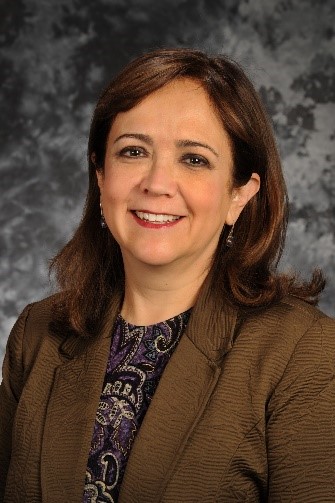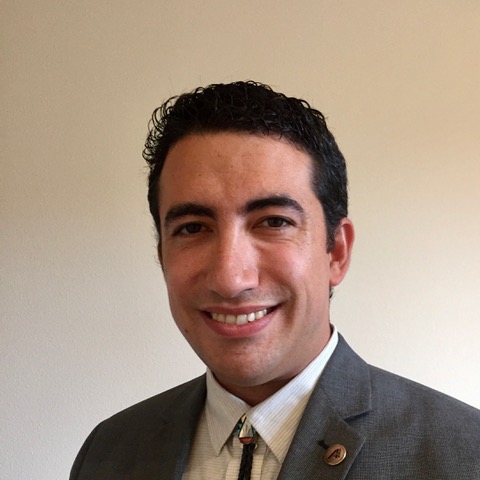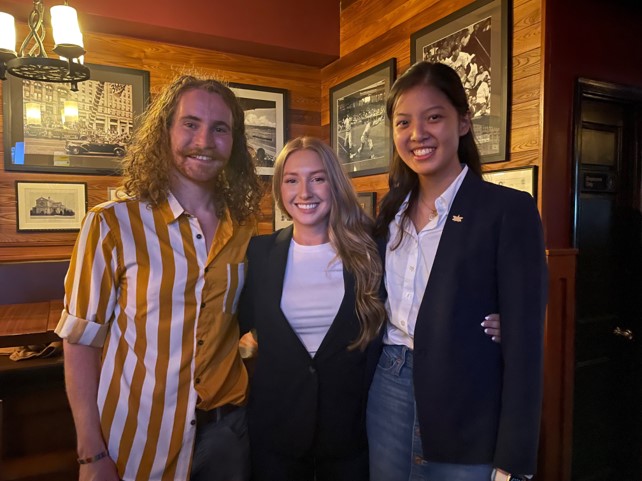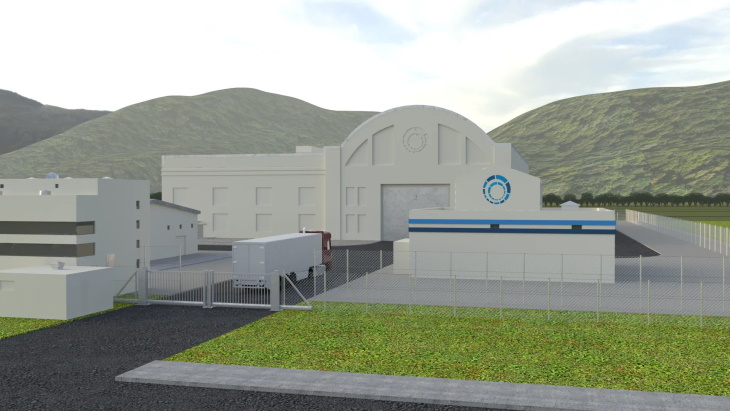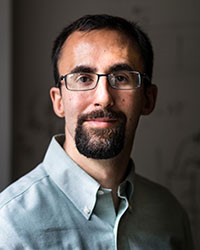Archive for October 2021
The Evolving Nuclear Fuel Cycle – Challenges and Opportunities
SPEAKER: Dr. Monica Regalbuto Idaho National Laboratory, Director, Integrated Fuel Cycle Strategy DATE/TIME: FRI, 10/29/2021 – 3:00PM TO 4:00PM LOCATION: 3105 ETCHEVERRY HALL Fall 2021Colloquium Series Abstract: The United States is pursuing an aggressive plan to combat climate change by reducing carbon emissions in which nuclear power is set to play a vital role. Accelerated…
Read MoreCoherent control in intense laser matter interactions via polarization manipulation
SPEAKER: Franklin Dollar Associate Dean of Graduate Studies, School of Physical Sciences; Associate Professor, Department of Physics & Astronomy; University of California, Irvine DATE/TIME: FRI, 10/22/2021 – 3:00PM TO 4:00PM Zoom Fall 2021 Colloquium Series Abstract: High intensity laser matter interactions with short pulse durations are the epitome of extreme science, at ultrafast timescales, extremely…
Read MoreDecision Making, Communication, and Risk: the Public Opinion Equation
SPEAKER: Jean-Pierre Beaudoin DATE/TIME: FRI, 10/15/2021 – 3:00PM TO 4:00PM LOCATION: via Zoom Fall 2021 Colloquium Series Abstract: What is a « good decision »? How is that judgment made? What role does « Public Opinon » play? All these questions refer to notions that vary with time, context and culture of the population concerned.…
Read MoreUCBNE students attend the 2021 Washington Nuclear Engineering Student Delegation (NESD)
UCBNE students join the 2021 Washington Nuclear Engineering Student Delegation October 8th, 2021 The whole Washington Nuclear Engineering Student Delegation (NESD) Sarah Stevenson (4th year Ph.D. student), Malachi Nelson (2nd year Ph.D. student) and Laura Shi (senior undergraduate) represented UCB NE at the 2021 Washington Nuclear Engineering Student Delegation (NESD) from September 26th through October…
Read MoreBright Electron Sources for Ultrafast Science
SPEAKER: Daniele Filippetto Staff scientist Advanced Technology and Applied Physics Division, LBNL DATE/TIME: FRI, 10/08/2021 – 3:00PM TO 4:00PM LOCATION: 3105 ETCHEVERRY HALL Fall 2021 Colloquium Series Abstract: Electron beams are powerful tools for scientific and industrial applications. Owing to their short wavelength, electrons have seen broad use in advanced instrumentation, enabling X-ray generation, real-space…
Read MoreKairos submits PSAR for Oak Ridge demonstration reactor
Kairos submits PSAR for Oak Ridge demonstration reactor October 5th, 2021 A rendering of the Hermes demonstration plant at Oak Ridge (Image: Kairos Power) World Nuclear News reported an update on Kairos’ progress on constructing the Hermes low-power demonstration reactor in Oak Ridge, Tennessee. As a part of their construction permit application, the US company…
Read MoreNuclear Energy Cost Drivers and Innovations that Matter
SPEAKER: Koroush Shirvan John Clark Hardwick (1986) Career Development Professor Department of Nuclear Science and Engineering Massachusetts Institute of Technology DATE/TIME: FRI, 10/01/2021 – 3:00PM TO 4:00PM LOCATION: ZOOM Fall 2021 Colloquium Series Abstract: Nuclear energy supplies 10% of world’s electricity and its overall installed capacity has been growing in the past 5 years. This…
Read More